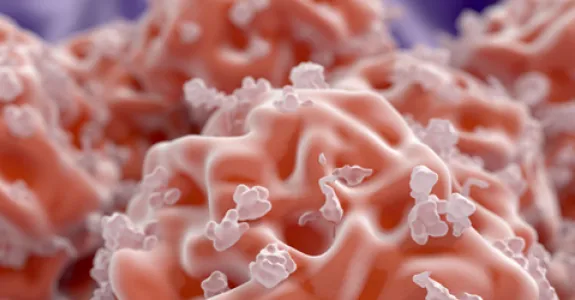
Dr. Will Talbot's lab's research focuses on the development and function of glial cells in the vertebrate nervous system. Glia are non-neuronal cells with many essential functions, ranging from forming the myelin sheath to defending the brain against infection.
One of their goals is to use genetic approaches in zebrafish to discover new genes with essential functions in the glial cells that form the myelin sheath, which allows for rapid axonal conduction in vertebrates. Disruption of myelin underlies important human diseases, including Multiple Sclerosis and peripheral neuropathies. The formation of myelin, which involves reciprocal signaling between neurons and glial cells, a dramatic morphological transformation of the glial cells, and organization of the axon into different specialized domains, is fascinating but nonetheless poorly understood.
In genetic screens, the lab has identified mutations in more than 15 different genes that have specific functions in the development of myelinated axons. Among these are a novel G-protein coupled receptor that instructs Schwann cells to make myelin in peripheral nerves, receptors that control migration of glial cells along growing axons, a kinesin motor protein that is essential for mRNA localization and normal membrane compaction in myelinating oligodendrocytes, and a transcription factor that regulates the migration of the cells that form myelin in the brain and spinal cord.
Another goal of their research is to identify new genes that regulate microglia, which are specialized macrophages that are dedicated to the immune defense of the brain. Microglia also have critical roles in regulating synaptic connectivity and engulfing dead neurons to maintain homeostasis in the brain. Microglial dysfunction has been implicated a wide array of disorders, including autism and Alzheimer disease.
Starting with screens for mutants with abnormal microglia, the lab has identified novel genes regulate microglial development and function. Examples include a NOD-like receptor that suppresses inappropriate inflammation, a phosphate exporter that functions specifically in microglia and other tissue macrophages, and a regulator of lysosomal action that allows microglia to digest material that they engulf.
These projects provide new insights into glial cell development and function, generate new animal models of human disease, define pathways that may be disrupted in disease, and may provide new avenues toward therapies for diseases of glia.






